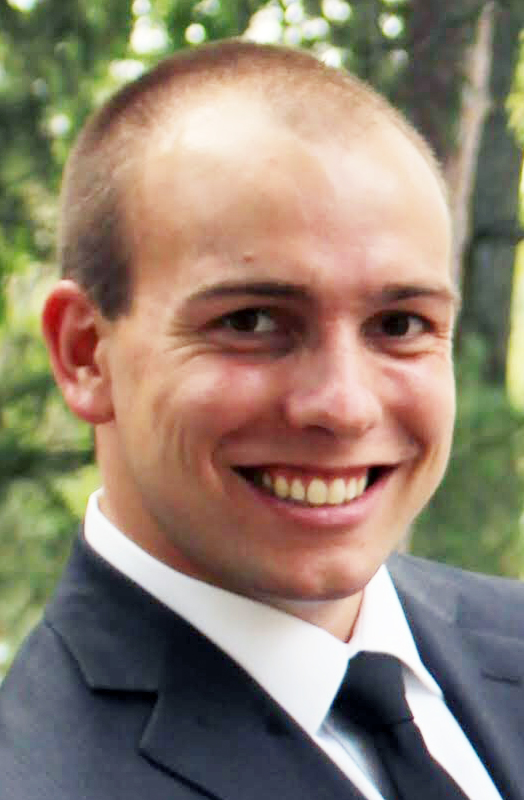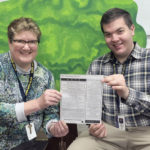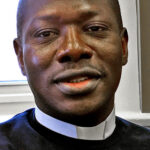By Patrick Schmadeke
How we use words matters. “A mole,” for example, could refer to a skin blemish, a burrowing mammal, an espionage agent or a unit of measurement in chemistry. Think of the ways we use “book, bark and bright” — context engenders specificity. Parsing out the meaning words have within varying contexts is engaging in a language game.

Josef Pieper is playing a language game in his work, “In Search of the Sacred,” one in which he wants us to rediscover the categories of the sacred and the profane. Standing in the tradition of St. Thomas Aquinas, his use of these two terms is quite different than our colloquial usage. To best understand Pieper, we must look to our origin.
At the time of Jesus, the categories of sacred and profane intersected with another set of categories — the clean and the unclean. With great intensity, the focus on the clean and unclean governed a person’s daily interactions and obliged them to do ritual purity should their encounter with the unclean require it. Jesus, as he was prone to do, violated these barriers all the time. But these were not merely social lines that he violated; this was the divine law, given from God.
Detailing the occasions Jesus broke these barriers would take up more room than this article allows. Briefly though, Jesus traveled in Gentile lands, touched a leper, was in contact with the blind, lame and deaf, disregarded dietary restrictions, healed on the Sabbath and declared the destruction of the most sacred space of all, the temple. This was more than unsettling to the Jews of his time; this warranted crucifixion.
But, Jesus does not become unclean in these encounters; he flips the social system on its head. He makes all things holy. The principle behind the purity laws was to preserve the sanctity of the relationship between the God of Israel and God’s chosen people. This relationship was inherently exclusive. Christ breaks through this exclusivity, revealing the Gospel to “be preached to all nations” (Mark 13:10).
Since it is Christ who has made all things holy, the way we encounter the world should correspond. This is where Pieper is helpful. He wants us to experience the world in the categories of the sacred and the profane. This is not a matter of good vs. evil, light vs. dark, right vs. wrong, us vs. them. Society wants us to view the world in these simplistic terms but Christianity has no room for baseless binaries. The categories of sacred and profane are much more refined, reflecting the depth of their subject matter.
The profane is not about being foul-mouthed. The Latin term simply means the area outside the temple. The profane is creation itself, and God calls creation good. The profane refers to that which is ordinary, everyday, common. It is not unholy in the least. For most of us, the profane is what our daily activities are occupied with.
The sacred is that which is “set apart” from the profane. We take a chunk of land and set it apart to build a church; this is a sacred space. We take a chunk of time and set it apart and call it Lent; this is a sacred season. Some people are set apart from the rest of us, we call them priests; this is a sacred office. Some events are set apart as sacred; these are sacraments.
We miss the point if we approach the sacred and profane as binaries. These spaces, places, persons and events are not “opposites.” Instead, they are two necessary and mutual postures of approaching creation. Analogously, Pieper points out that poetry and prose are not opposites; they “are but two different modes of speaking about what is real” (20).
The modern dilemma is the ubiquity of false dichotomies: state vs. church, faith vs. reason, science vs. religion. In the face of such distortions, our job is to articulate the holiness of the sacred and the profane in a way that unveils the dignity inherent in each, juxtaposing them in a bond of dynamic mutuality.
(Editor’s note: Patrick Schmadeke, 27, is a graduate of St. Ambrose University (‘13) and a student in the Master of Divinity program at the University of Notre Dame. His column offers reflections on his coursework, engaging with the richness of the Catholic tradition and its relevance to the world today.)











